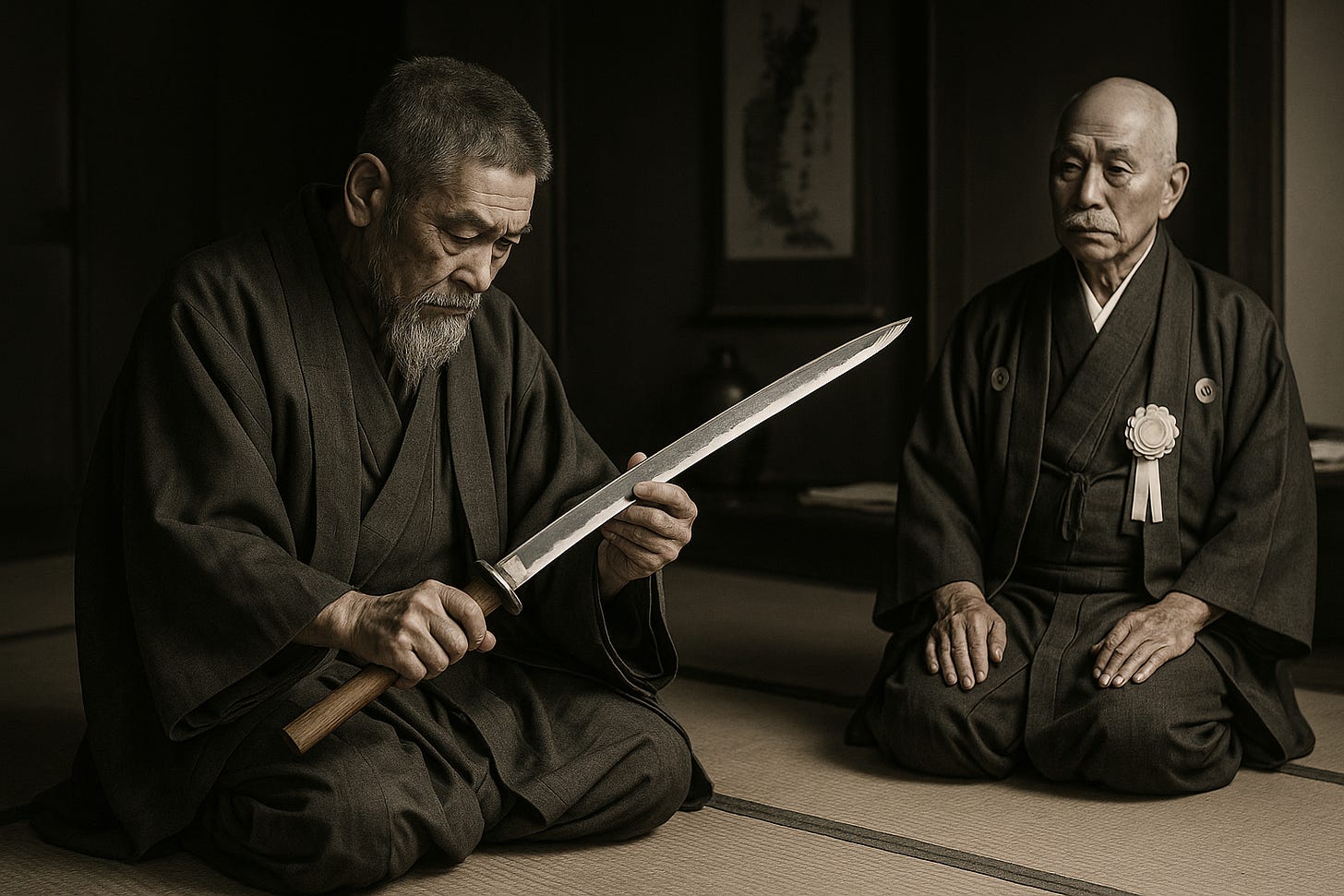Harmonious Warrior Ethos of Edo Samurai
Evolution of Bunbu Ryōdō and Bushidō in Peaceful Times
After the turbulent Sengoku period, during which samurai across various regions competed fiercely to unify the nation, the Edo period commenced with the establishment of a unified system under the Tokugawa family. Samurai of this era lost their traditional arenas of valor and underwent significant transformations to ensure their survival. Indeed, the concept of the samurai emerged not solely through martial prowess but also through the integration and refinement of their distinct ethics, values, and virtues. The guiding principle behind the birth of this samurai ideal was “Bunbu Ryōdō” (文武両道).
Bunbu Ryōdō refers to balancing academic and moral cultivation (文, bun) with martial arts and virtues (武, bu), achieving excellence equally in both fields. It was the ideal way of life that samurai aspired to during the peaceful Edo period. However, this was an ideal, and not all samurai fully embodied it. Violence among samurai persisted even in Edo, yet some dedicated their lives to the principles of Bunbu Ryōdō, achieving a lofty spiritual maturity. Samurai of the time believed that leaning excessively toward martial prowess alone would impair their ability to govern effectively, while excessive reliance on academics would hinder their ability to protect the people. Thus, the cultivation of both bun and bu became a critical objective. The samurai class, entering an era of stability without warfare, sought new ways to justify their existence, prompting them to pursue this harmonious integration of intellectual and martial virtues.
Central to this development was Zhu Xi Confucianism, a branch of Confucian philosophy that flourished in the Edo period. As Shitsurae has previously mentioned, the Tokugawa shogunate actively promoted Confucianism, adopting Zhu Xi Confucianism as the official academic doctrine. Tokugawa Ieyasu’s intent was to use the ethical framework of Confucianism to gently dismantle the aggressive tendencies of samurai rooted in the Sengoku mindset. Zhu Xi Confucianism, emphasizing strict hierarchy and order, proved especially suitable as a governing philosophy. Simply put, because Zhu Xi Confucianism did not emphasize practical action, it served to suppress potential opposition from samurai who might challenge the central authority, thus benefiting the ruling class. In contrast, Yangming Confucianism emphasized practical action, and the Tokugawa regime viewed its spread as a threat, potentially inciting unrest among samurai. Therefore, higher-ranking samurai were rigorously trained in Zhu Xi Confucianism to solidify the unified governance system.



